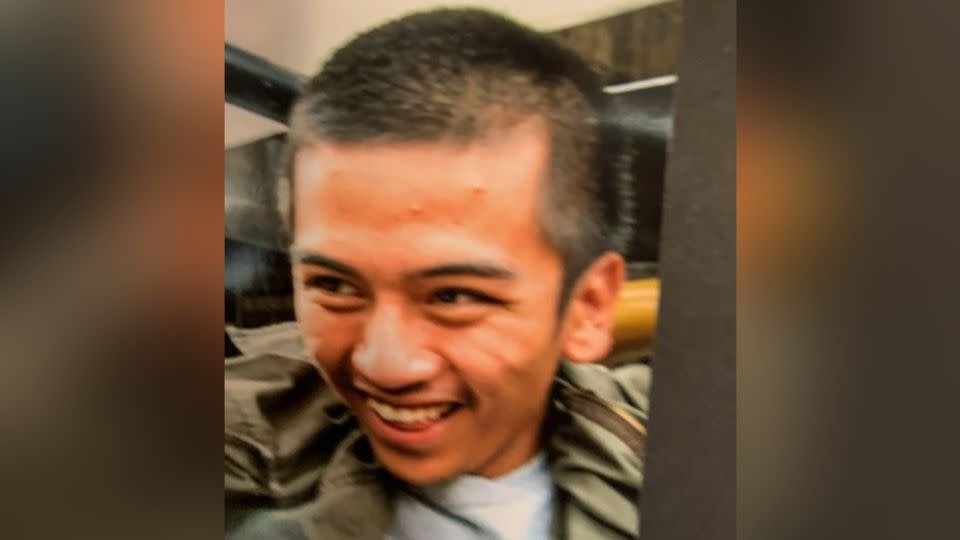A Northern California city has agreed to pay $7.5 million to the family of Angelo Quinto, a 30-year-old man who died days after being restrained by police in 2020. The family filed a wrongful death claim against the city of Antioch, alleging that Quinto was undergoing a mental health episode and died after officers kneeled on his neck for nearly five minutes. The Contra Costa County District Attorney’s office later determined that there was no evidence of criminal offense by the officers in Quinto’s death, and that the manner in which they engaged with him was lawful and reasonable. Quinto’s cause of death was later determined to be Excited Delirium Syndrome due to various factors.
Quinto was restrained by police at his family’s home after his sister called because she was concerned he would harm their mother during a mental health episode. He lost consciousness and was pronounced dead at a hospital three days later. Following Quinto’s death, his family was instrumental in pushing for legislation to ban excited delirium and similar terms as causes of death in California. The settlement between Quinto’s family and the city of Antioch demonstrates that positive changes can arise from tragic situations, according to their attorneys. The settlement also highlights the importance of addressing issues within the community and seeking justice for those who have been wronged.
Antioch Mayor Lamar Hernandez-Thorpe acknowledged that there were failures in leadership that led to the situation that occurred with Quinto. He expressed regret that it took a significant settlement to make the city recognize the importance of addressing these issues and implementing reforms. The mayor emphasized the importance of changing the culture within the police department and the city as a whole to ensure that such incidents do not happen again. He commended Quinto’s family for their advocacy and efforts to bring about change, including the introduction of police body cameras and a non-police mental health response team in Antioch.
During a news conference, Quinto’s stepfather, Robert Collins, expressed gratitude to the city council for listening to the family’s calls for change. Collins noted that thanks to the family’s claim, police body cameras are now in use in Antioch, and a mental health response team has been established to prevent similar tragedies. Quinto’s sister, Isabella Collins, described her brother as a multifaceted individual who loved to cook, was artistic, and was always striving to improve himself. She sees the positive reforms and advocacy efforts sparked by Quinto’s death as a form of justice and a way to pave the way for others.
The Quinto family, through their advocacy and the settlement reached with the city of Antioch, has been able to work towards positive reforms and changes in the community. Isabella Collins expressed the belief that her brother would have wanted to impact people’s lives and legacies positively, paving the way for justice and change. The family’s efforts have led to important reforms in the city, such as the implementation of police body cameras and the establishment of a mental health response team. Despite the loss of Angelo Quinto, his family continues to push for change and work towards creating a safer and more just community for all residents.








